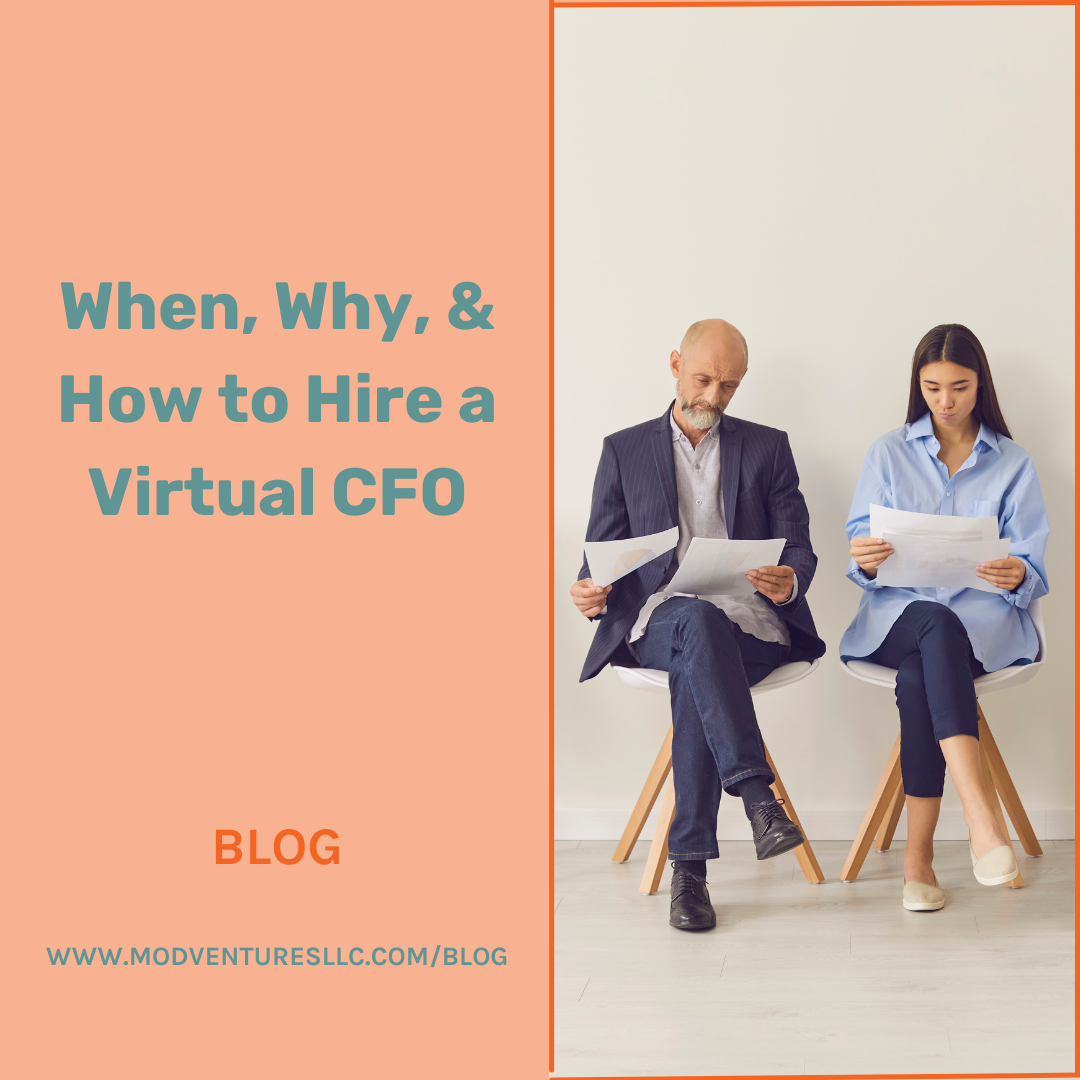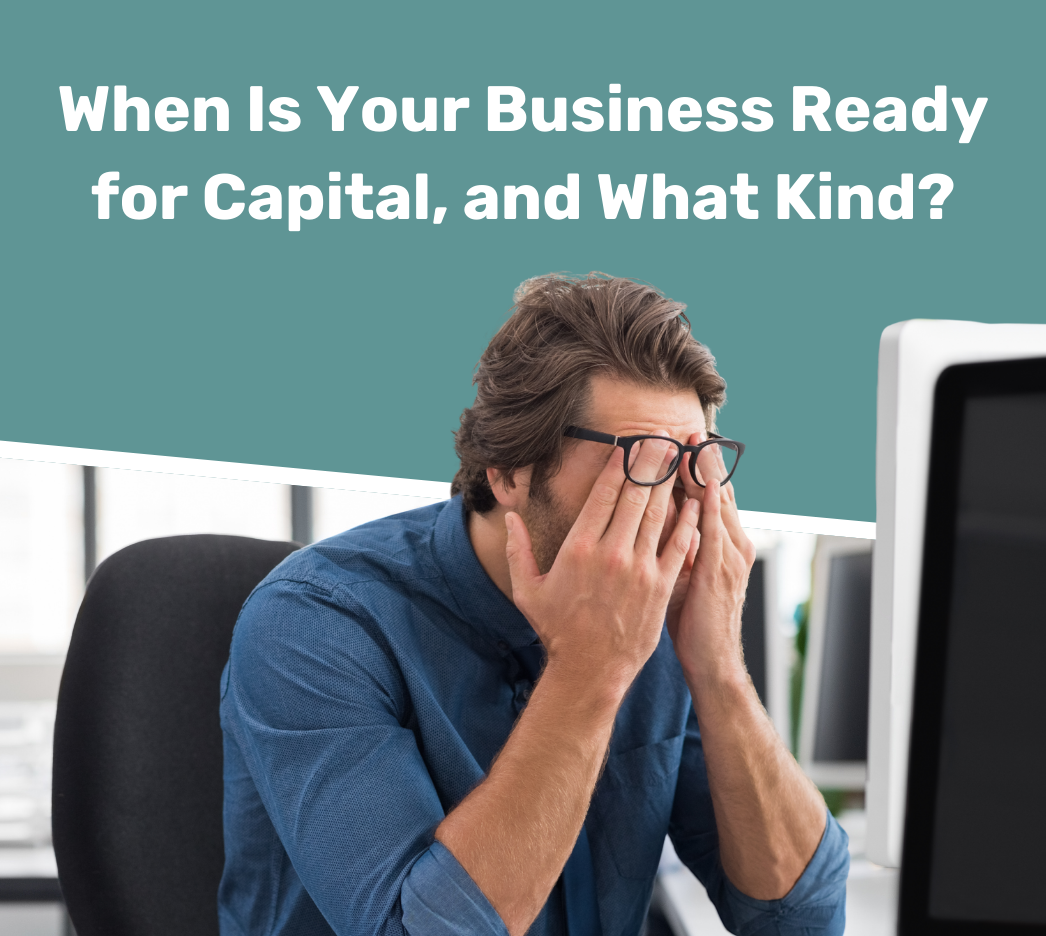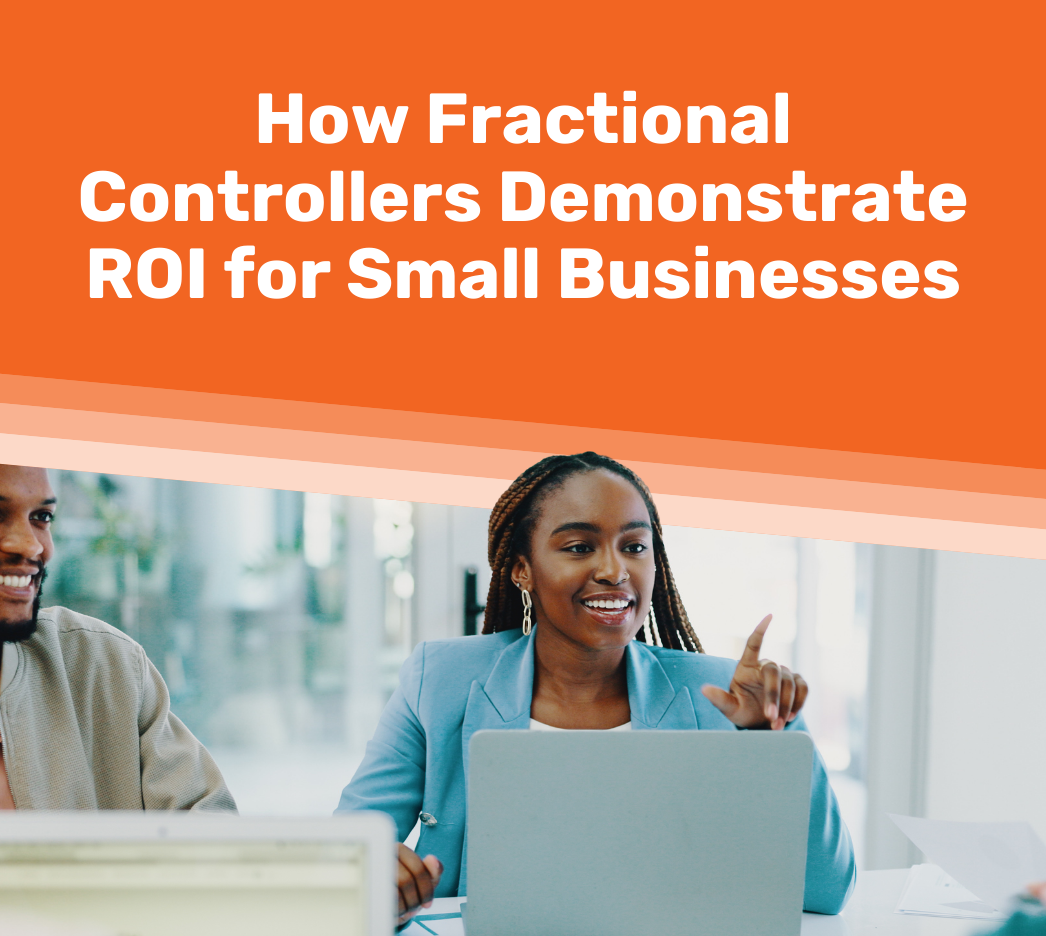By: Gabrielle Luoma CPA, CGMA
By: Gabrielle Luoma CPA, CGMA
As your company grows, so do your needs and it’s not uncommon for a growing or even established company to look for assistance in their finance department. And while you may consider an accountant, bookkeeper, or a mix of the two, you likely need something that goes beyond what they offer – you’re looking for a virtual CFO.
A CFO or chief financial officer is the senior manager responsible for overseeing the financial activities of your entire organization or company. A virtual CFO is just a CFO that works virtually – in fact, you can even opt to have an entire virtual finance department.
But, before we stray too far from our original topic, let’s talk about when you should consider hiring a virtual CFO, why you should hire a virtual CFO, and how you can hire and qualify a virtual CFO for your business:
When Should You Hire a Virtual CFO?
A virtual CFO, unlike a traditional CFO, is not a full-time employee. This means they can be hired as needed – whether that’s full-time, quarterly, or per project. The point at which you can comfortably invest in a virtual CFO is therefore slightly different than when you would invest in an in-house CFO.
Unlike in-house CFOs, you can customize your ‘package’ with a virtual CFO. You’re able to focus on the services you need the most help with and opt out of (for now) the services that you can’t afford yet. Still, most businesses don’t need a CFO unless they’re expecting and/or earning at least $1M to $10M in revenue per year.
Why Should You Hire a Virtual CFO?
Rather than an accountant, bookkeeper, or controller, why should you choose to hire a virtual CFO? While a controller maintains financial records, a CFO takes those records beyond numbers and begins forecasting and generating reports to make strategic investments and decisions within your business.
A CFO will provide greater insight into your business, manage your financial department, ensure that reporting is accurate and efficient, and monitor payroll – all beneficial to a growing organization or company.
To dig into why you should hire a virtual CFO, you’ll need to dig into what a virtual CFO does day by day.
How to Hire a Virtual CFO
The very first step is seeing if they’re experienced in your industry or have the experience necessary to analyze your business performance. You’ll also need to see if they have experience with your organization type – whether you’re an LLC, S-Corps, or file as a 501(c).
Get on a call and talk face to face to see what they think your business needs before investing, a virtual CFO might not be right for what you’re looking for or you may only need a project-based CFO rather than a full-time CFO.
You May Also Love
CLOSE






